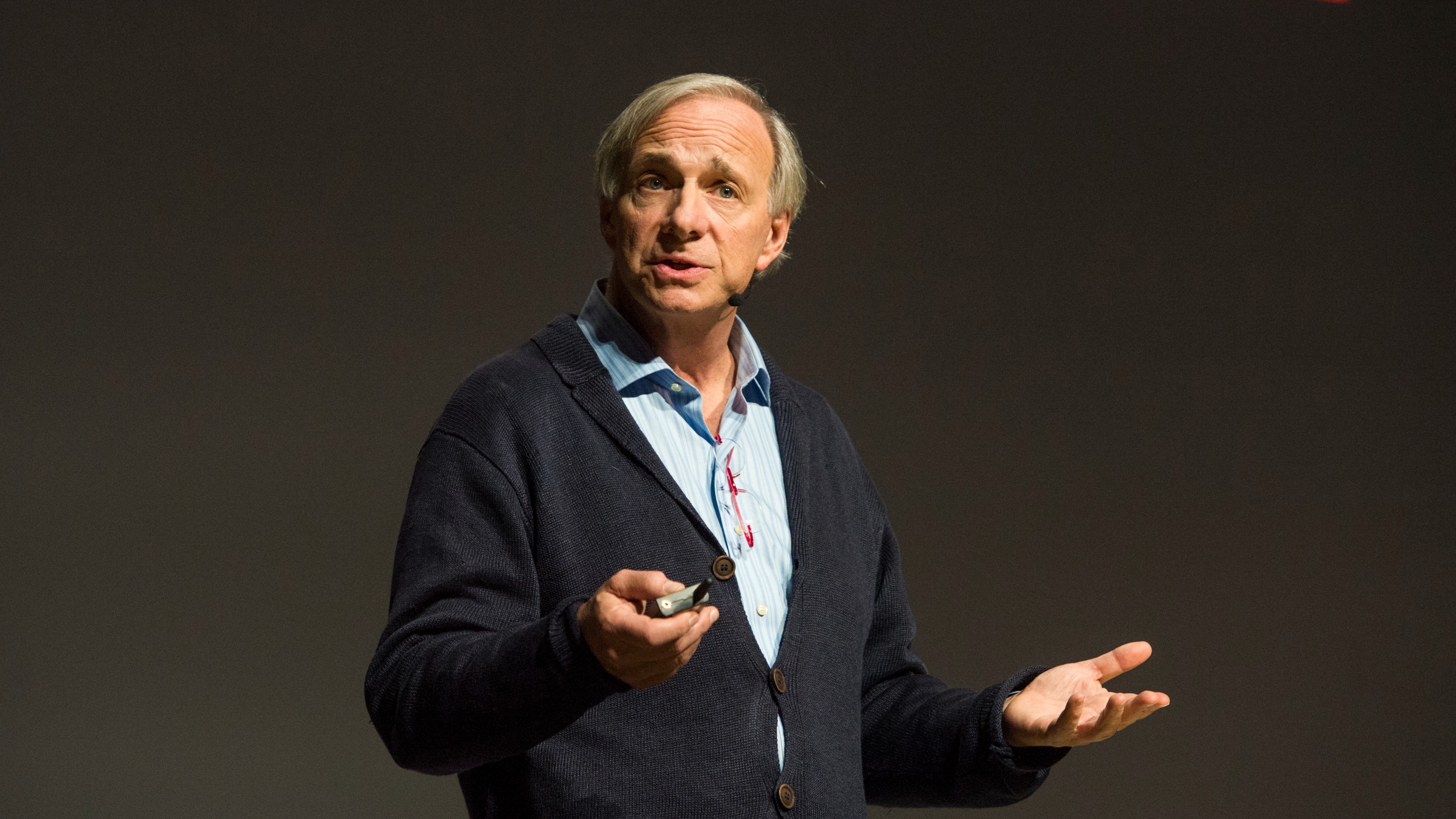Banking stocks are controversial investments. Fund managers and individual investors alike are reluctant to forgive financials – once bitten by the global recession, government bailouts, slashed dividends and PPI scandals, twice shy, as the saying might go.
Income investors say there are better, more reliable dividends out there; such as pharmaceuticals, tobacco companies, toothpaste manufacturers and even industrials.
Value investors say there are bigger turnaround stories, ones with books easier to decipher – as Warren Buffett says; “never invest in a business you don’t understand”.
But all this negative sentiment is music to one man’s ears; Old Mutual Global Investors head of UK equities – and chief executive – Richard Buxton.
Buxton is bullish on banks, saying that they have taken their medicine and emerged from the credit crisis as good, cheap businesses.
Buxton, manager of the Silver Rated Old Mutual UK Alpha fund, likes Lloyds (LLOY), Barclays (BARC) and HSBC (HSBA) – in that order.
“Lloyds is my favourite UK bank, on our calculations soon it will be paying a 6p dividend on a stock worth 64p. That is a 10% yield. That is unsustainable so you will get a re-rating of the share price,” he said. “Lloyds offers income and growth.”
Buxton considers Barclays to be undervalued, and says that HSBC is trading at fair value but is well positioned to benefit from rising US interest rates because of its global business model.
It’s Game Over for Bond Proxies
The UK economic outlook has recently been upgraded, but thanks to the uncertainties of Brexit – and now the June General Election – many economists consider that the Bank of England will leave interest rates unchanged at 0.25% until at least 2019. This is despite rising inflation, which last month stuck at 2.3%, above the Bank’s target rate of 2%.
Over the past seven years record low interest rates have meant investors have poured cash into dependable income stocks, pushing up the share prices and earning these companies the moniker of “bond proxies” because they were expensive, had little growth prospects and paid a regular dividend.
Buxton predicts that UK interest rates are not rising any time soon – and that this will mean investors still want bond proxy stocks, but says that the tide has turned.
“Yields are gradually rising. It will be a very gradual process, long and slow, but the bond market peaked last year when both corporates and governments were paying negative yields,” he said. “The direction of travel is set. Bond yields are rising and bond proxies will be hit.”































